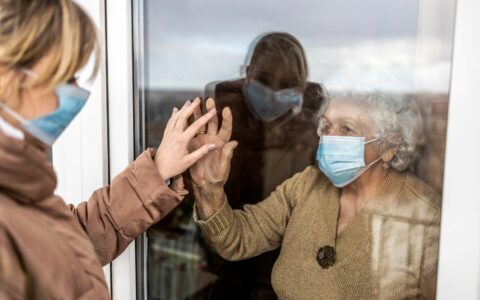-

CG REPORT 8: Understanding Definitions and Reporting of Deaths Attributed to COVID-19 in the UK - Evidence from FOI Requests
Throughout the COVID-19 pandemic, there has been widespread reporting of aggregate death data with little attention paid to the accuracy over the assignment of causation.
-

CG REPORT 7: PCR Testing in the UK During the SARS-CoV-2 Pandemic – Evidence From FOI Requests
PCR is an important and powerful tool, but its systematic misuse and misreporting risk undermining its usefulness and credibility.
-

CG REPORT 6 Q3: What explains excess mortality in care homes?
Studies show that a number of different measures could have been taken to reduce COVID-19 cases and deaths in care homes.
-

CG REPORT 6 Q2: How does mortality in care homes compare with pre-pandemic periods?
All assessed studies report excess mortality during during waves one and/or two of the pandemic.
-

CG REPORT 6 Q1: What were mortality rates in care homes by country?
Care home deaths constituted an average of 30% of all COVID-19 deaths across 25 countries.
-

CG REPORT 6: Effects of COVID-19 in Care Homes - A Mixed Methods Review
The COVID-19 pandemic disproportionately impacted those living in care homes at the highest risk for severe outcomes. However, the pandemic only highlighted and exacerbated a long-running problem: underfunding, poor structural layout, undertraining, under-skilling, under-equipping, and finally, lack of humanity in dealing with the most vulnerable members of society. Neglect, thirst, and hunger were - and possibly still are - the biggest killers.
-

CG REPORT 5: The Impact of COVID-19 Restrictions on University Students' Mental Health
The overall impact of COVID-19 on the mental health and wellbeing of university students is substantial.
-

CG REPORT 4: Effects of COVID-19 Restrictions on Air Pollution
The impact of COVID-19 restrictions on the global levels of environmental pollutants is likely to be beneficial.
